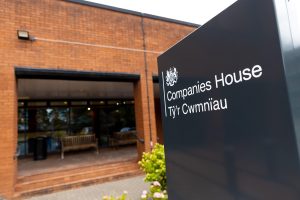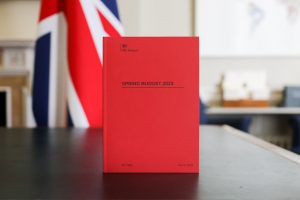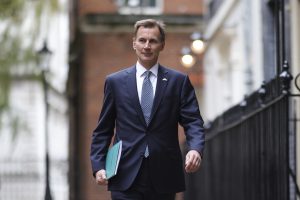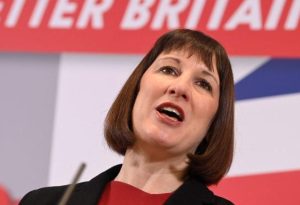Making transport’s case for a ‘connected super region’
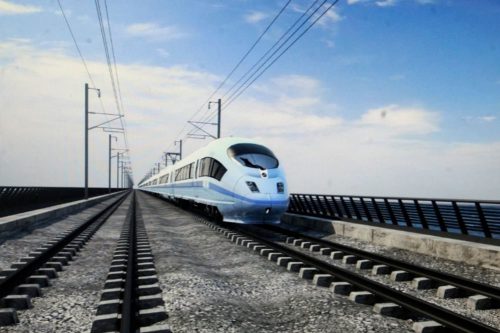
The prospect of making the Midlands a ‘connected super region’ was the topic for a panel by three key specialists, as part of the Invest Midlands conference.
The session, sponsored by built environment consultancy BECG, featured Sarah Spink, Strategic Partnership Lead with Midlands Connect, Lorna Pimlott, Phase 2 Sponsorship Director, HS2, and Kevin Whitmore, director and Head of North & Midlands for BECG.
They considered the impact on the transport sector from the pandemic and how it will look following a return to as near as normal working conditions as possible.
Sarah began the discussion, chaired by TheBusinessDesk.com joint managing director Alex Turner, by saying that travel and commuting is starting to return following the damaging pandemic lockdowns, but she revealed that the way people are travelling now is different than pre-pandemic patterns.
She said more people are returning to transport for leisure, rather than business travel, while adding this could be a good thing: “We don’t want to get back to those one hour peak commuter trains,” she said.
Midlands Connect published its strategy in March 2017 but Sarah said a new plan is now due out on April 4, which now focuses on three core objectives.
She said these are economic resilience -“are we investing in the right place” – decarbonisation, and the green agenda which runs through all 49 of the organisation’s work streams.
Kevin Whitmore argued that, in his experience, the business sector is ramping up after the easing of lockdown restrictions: “We’re doing so much more face to face than two or three months ago. That uptake is there.

He said business travel will pick up, but added: “I’m sure it will get busy, but different days have different busy-ness.”
Lorna has welcomed the uptick in activity, saying: “In last couple of months we now have three live phases. There are 16,000 people working directly on HS2 now and over 2,000 businesses have contracts with HS2.
“We have awarded £12bn of contracts and of these 95% are in the UK. We really are all guns now.”
She said the construction industry, which makes up circa 10% of UK jobs, needs certainty, and added: “Although we may not be in service yet, we are absolutely contributing to that recovery. This is happening. The momentum is coming and with that is new jobs and opportunities for business.”
Sarah then spoke about the need for regions to work together to make the wider case to government for transport improvements.
“When we work as a region we have a stronger voice.
“This can be a road in Lincolnshire that has a huge amount of HGVs, or a road in Herefordshire that has no alternatives.
“We have to make sure we are making the region think as a whole.”
She said that, in conversations with government, collaborative working makes the voice stronger, but she accepted that there is still the need to have a good business case, industry support and political support.
Turning to the issue of sustainability, Lorna said there is an absolute need to reduce carbon levels, but she added: “The purpose of HS2 is a much bigger opportunity than building a railway.
“It’s about getting cars of roads and lorries off roads and making more opportunities for freight, and also massively reducing emissions in doing that.”
On the question of net zero, Sarah pointed out that the first thing to do is making people understand the difference between carbon and air quality.
“For carbon you need to have an impact on those longer journeys,” she said.
And she revealed: “We have developed a tool that tells local authorities where their carbon comes from. It helps local authorities produce air policies. The DfT are getting excited about this and saying, can it be rolled out.”
Closing the discussion, Kevin responded to concerns that the business sector may be lagging behind when it comes to carbon reduction and net zero.
He said: “The businesses we work with do take their responsibilities seriously.
“When we talk to people, like Eddie Stobart, the fuel efficiencies of their trucks is quite surprising when you talk about a diesel car.”
And on the question over whether electric vehicles can be suitable for sectors like haulage, he said: “A lot of people we work with are putting facilities in for electric vehicles. The private sector is trying to go along with the agenda.”



